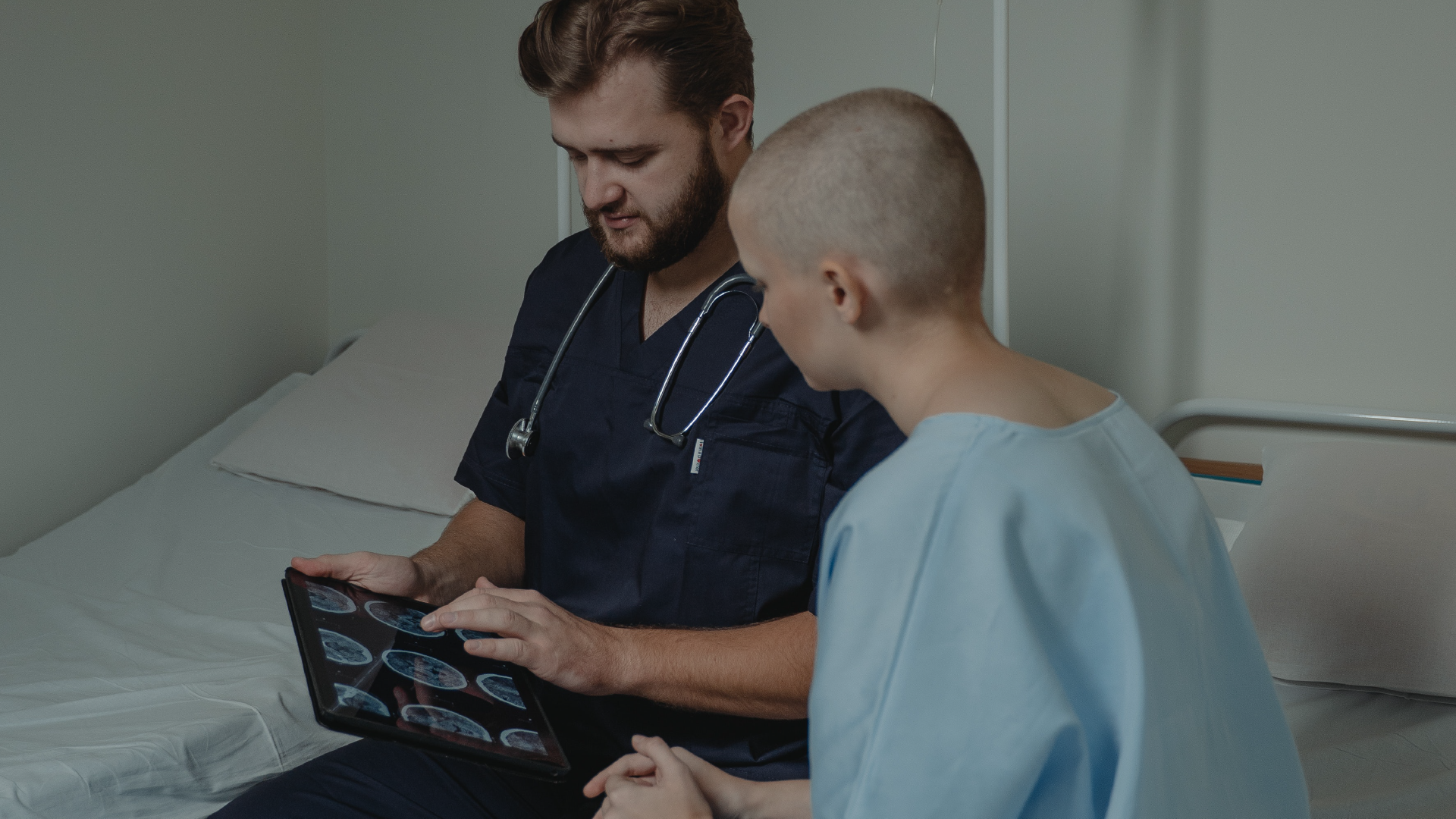Wednesday, Apr 8, 2020
COVID-19 Perspectives with Dr. Rhonda Medows

Dr. Rhonda MedowsPresident, Population Health at Providence; CEO Ayin Health Solutions, Providence, Ayin Health Solutions

In the middle of the coronavirus pandemic, our response needs to be focused on reducing illness, providing care and saving lives. While we are doing what’s needed to reduce the spread of coronavirus, especially staying home, let’s not forget our vulnerable neighbors in our communities who also need access to information & care. There are some people who are too often forgotten during national emergencies: those who are homeless, low-income families and immigrants.
As most of us are sheltering in place and staying at home to prevent the spread of coronavirus, those who are homeless do not have a home to retreat to. This leaves them more exposed and at higher risk to contract the virus. Additionally, they do not have the same access to soap, water, disinfectants, etc. for basic prevention. This is where local community partnerships are immensely helpful.
Partnering during public health emergencies is critically important and time sensitive. We all need to step up and offer assistance wherever we can. At Providence, we have taken the initiative to make donations to local food banks and shelters to ensure they receive the necessary supplies like soap and disinfectant. For now, while the coronavirus continues to spread, please consider donating supplies or funds to your local shelters, food banks and community organizations for the many people in need. Viruses don’t discriminate. We can’t hope to curtail the spread or reduce illness unless everyone in our communities has adequate information and the basic resources for prevention.
For immigrants, I fear the U.S.'s public charge rule could hamper efforts to raise awareness and control the spread of the disease. Any time there is a change in immigration policy, we see a decline in health care visits. Particularly in during a pandemic, if patients are not coming to us, that means we must go to them with proactive care. The last thing we need is for people to not renew their Medicaid, not come in and use their food assistance, or not seek our assistance for housing because they’re concerned that public charge is just another effort to put them in the process of deportation.
They also may not be receiving the information necessary to keep themselves safe and minimize the spread of the virus. Those who may be fearful of facing consequences for seeking help from medical professionals or support from local officials may not be willing to come forward. One of the most important things we can do is provide immigrants with up-to-date information through a community-focused effort. Marginalized people aren't living in a box. They're part of our larger community. If we don’t include everyone in prevention, we will not be effective protecting the public’s health.
When it comes to serving these vulnerable populations, the key is to deliver care locally. Some communities have been sharing information and best practices already, which is great. The best way to do it is to ensure that whoever is at the top level of the healthcare organization, system, etc. is tied to the head of the community level members. Care and the screening cannot be managed from headquarters; they must be managed locally. It is imperative to coordinate and get local partners and community members the resources they need.
Corporate and system leaders must understand the work that’s happening on the ground and the barriers frontline providers are working to overcome. At Providence, we have been communicating with the Catholic Health Association and the American Hospital Association to share best practices. We hope that this will help provide consistent messaging and a community-wide effort to mitigate the spread of the disease.
These times are unsettling for all of us, but we are in it together and together we will persevere. Keep yourself safe, help those you can, consider donating locally and thank your healthcare workers.
You May Also Enjoy

Monday, Apr 24, 2023
The Pace of Cancer Innovation Will Lead to Poorer Outcomes, Unless We Empower Patients

Maya R. Said, Sc.D.

Tuesday, May 19, 2020
COVID-19 is the Tipping Point for Mental Healthcare in America: How the Coronavirus Finally Shed Light on our Broken System

Dana Udall, PhD

Monday, Jan 20, 2020
Advancing NEMT with Ride Sharing — featuring Megan Callahan of Lyft Business